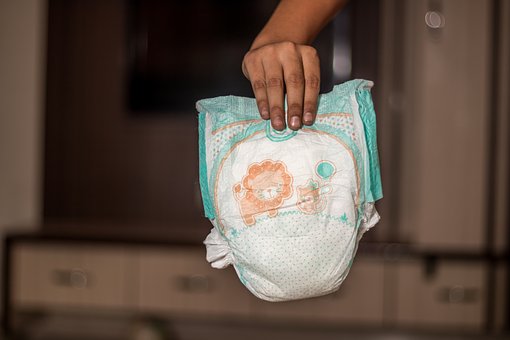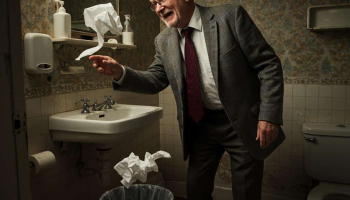
Dealing with Bowel Incontinence in Elderly People
With age comes wisdom. However with age too comes a litany of problems all the way from lifestyle diseases, senility, inability to use the toilet with ease, dementia, Parkinson’s disease to other not serious but embarrassing problems such as bowel and urinary incontinence. Working with the elderly, I have seen a good number battle with the problem. While it is not as painful as hemorrhoids which causes anxiety and panic everyone feels the urge to poop, incontinence makes one feel worthless and really self-conscious because they pass stool without will. In this post therefore, we are going to discuss in depth what is bowel incontinence, what causes it and how elderly people can deal with it. So, let’s dig deep into the problem.
What is bowel incontinence?
Bowel incontinence is the loss of bowel control, causing you to pass stool unexpectedly even when you are not in the toilet and are not aware that this is happening. Bowel incontinence can range from leaking a small tiny bits of stool when you are going to the toilet but are not yet there, passing gas involuntarily even when you are in the midst of people to totally being unable to control your bowel movements.
People with bowel incontinence therefore battle with having a bad odor sticking with and following them wherever they go. They also have to put up with soiled clothes since the soiling happens even without their knowledge; they only realize it when it is too late. This form of incontinence also means that they are dependent on other people to clean them up and have to cover their noses due to the bad stench that comes with the poop. It can therefore be very draining and affect one’s self esteem.
Causes of bowel incontinence
Bowel incontinence can be caused by the following factors:
- Physical handicap
Physical disability as this can make it harder to reach the bathroom or to undress in time. Old people that I have taken care of at the hospice always have problem with bowel and urinary incontinence. Most are physically challenged and cannot therefore take themselves to the toilet in good time. Combined with senility that makes them unable to express themselves when they feel the urge to relieve themselves makes the situation even more difficult.
- Over-use of laxatives
Long use of laxatives can cause damage to your sphincter muscles making you unable to hold your stool.
- Nerve damage
People with nerve problems such as those with long term diabetes are unable to voluntarily control their bowel movements. Once your body feels the need to pass stool, a message needs to be sent to the brain to alert you to go for a long call. Once this happens, you feel the urge to do so and go ahead to go for a long call. When the nerve impulses are not sent or not interpreted well, then you will find yourself pooping on yourself.
- Sphincter and rectal muscles being unable to hold poo until you allow them to release it.
- Troublesome child birth which lead to an injury on your sphincter muscles.
- Men are also likely to get both urinary and bowel incontinence after prostrate surgery.
How to deal with the problem of bowel incontinence
- You need to avoid constipation. Do not eat food that is likely to make you bloat. This includes foods that are fiber free or in only liquid form.
- Avoid straining when going for a long call as this could result in weakening of the sphincter and rectal muscles.
- Seek treatment whenever you have a diarrhea. Do not ignore even small diarrhea problems as this could easily lead to bowel incontinence.
- You need to exercise more often especially your rectal and sphincter muscles so that they can hold stool in without letting go involuntarily.
What should I wear for bowel incontinence
There are some very good fecal incontinence pads that are being sold at amazon that one can wear to treat bowel incontinence.
Related: Dealing with morbid obesity and Incontinence.








